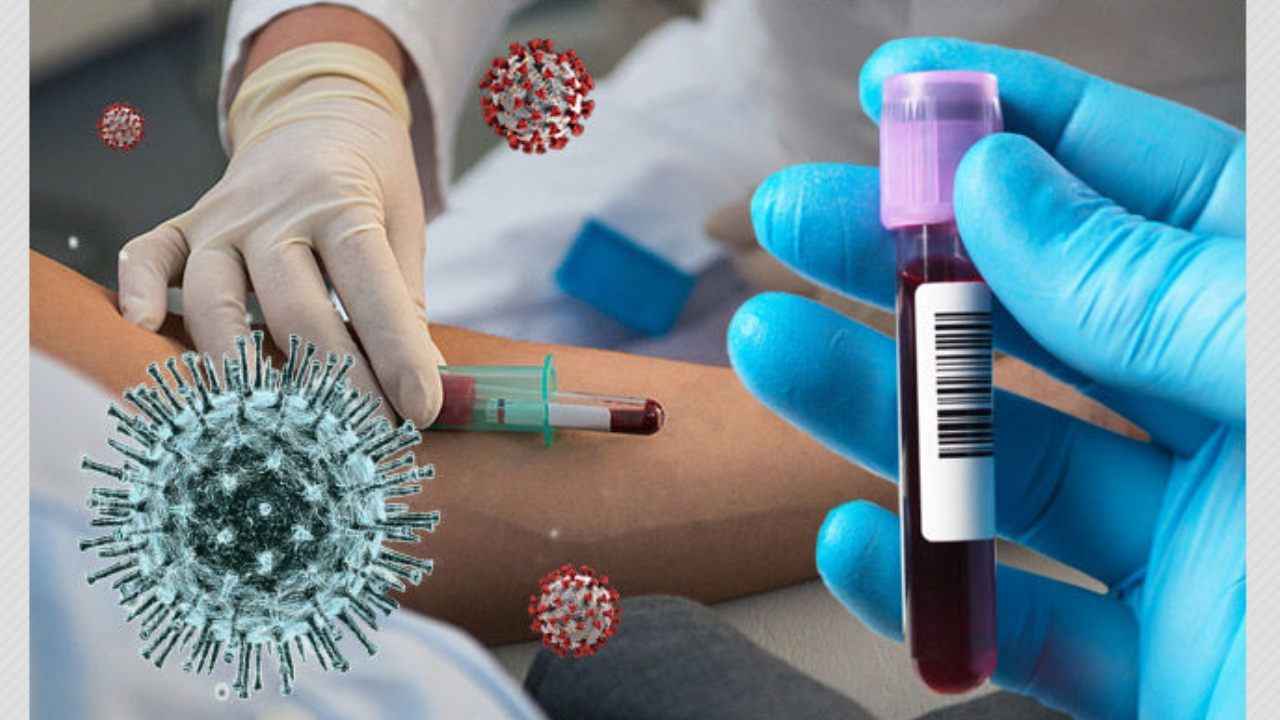Android smartphones can now help COVID-19 research through distributed computing
You can now use your Android smartphone's processing power to help Covid-19 research.
Neocortix announced Arm 65-bit support for Folding@home and Rosetta@home.

You can now contribute towards COVID-19 research using your Android smartphone. Neocortix, a mobile distributed computing company today announced Arm 65-bit support for major distributed computing research programmes – Folding@home and Rosetta@home. By enabling the support, all the Arm-based Android mobile phones, Raspberry Pi and servers will now be able to contribute their spare computing power to find a vaccine to beat COVID-19.
 Survey
Survey
The two projects are helping researchers around the globe in developing medicine and vaccines for the noble Coronavirus. Although the programs are old, neither of them could support ARM-based devices earlier. By adding ARM support, billions of devices running powerful Qualcomm Snapdragon and Samsung Exynos chipsets lend their power.
Android smartphones can now help COVID-19 research
The Cloud Services Platform by Neocortix allows the extra capacity of individual mobile phones to be harnessed into a single, unified computational engine. On a larger scale, with millions of phone processors running together, they can equal the computing performance of the world's most advanced supercomputers.
Folding@home director Dr Greg Bowman said, "we've been watching the increasing computational power of phones and other mobile devices for years. This collaboration with Neocortix and Arm provided the perfect opportunity to tap into these resources to accelerate our COVID-19 research."
While support for mobile devices has just been added, these distributed computing projects have received immense help from home users who use multi-core CPUs and GPUs in their PCs. A lot of cryptocurrency mining machines also contribute, which are best suited for data crunching projects like these. In March, Engadget reported that the distributed computing project is now working with about 470 petaflops of output, which is enough to eclipse the world's top seven supercomputers combined. Around 400,000 new people had joined Folding@home's fight against Covid-19 using computers in March.